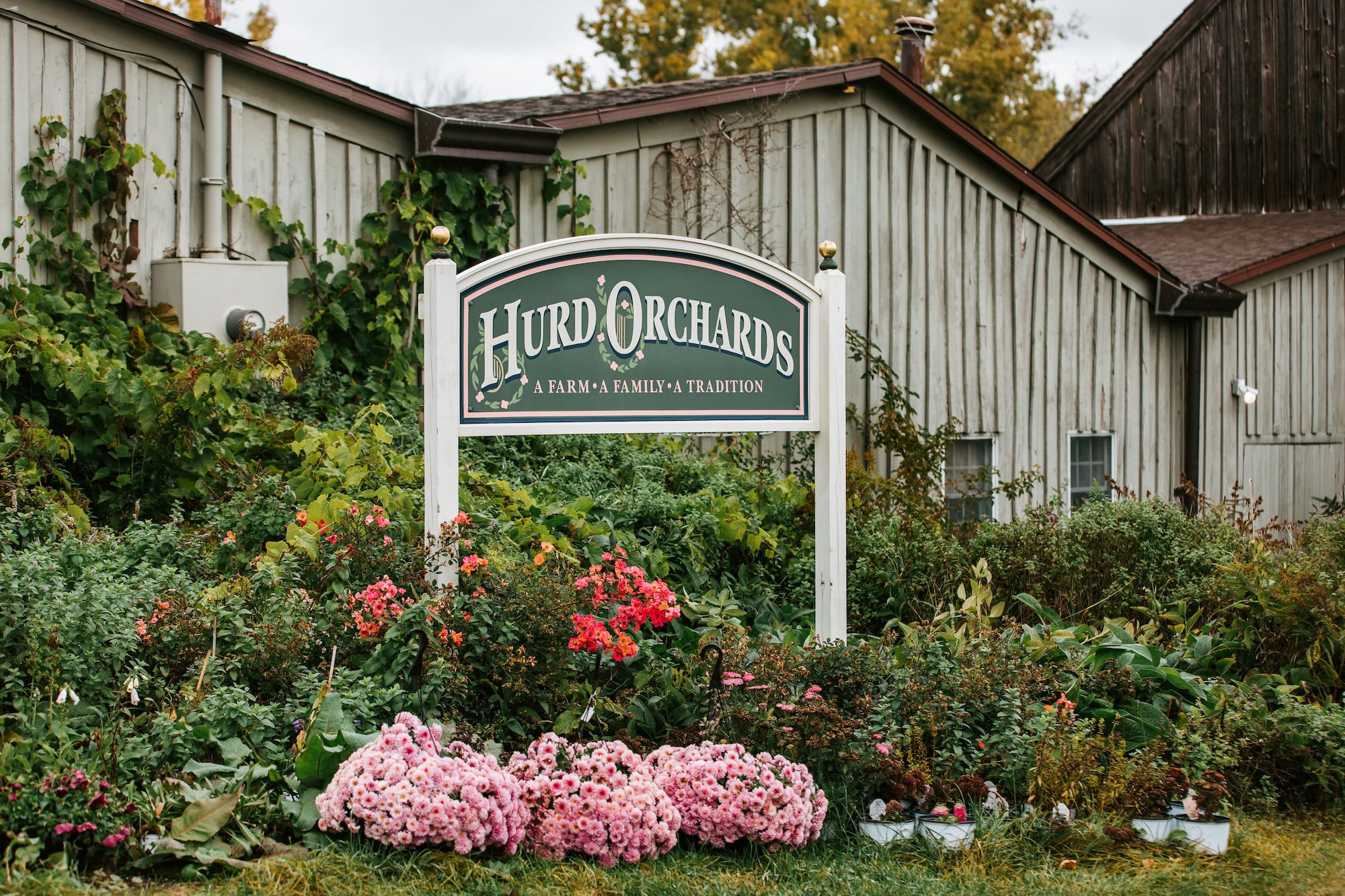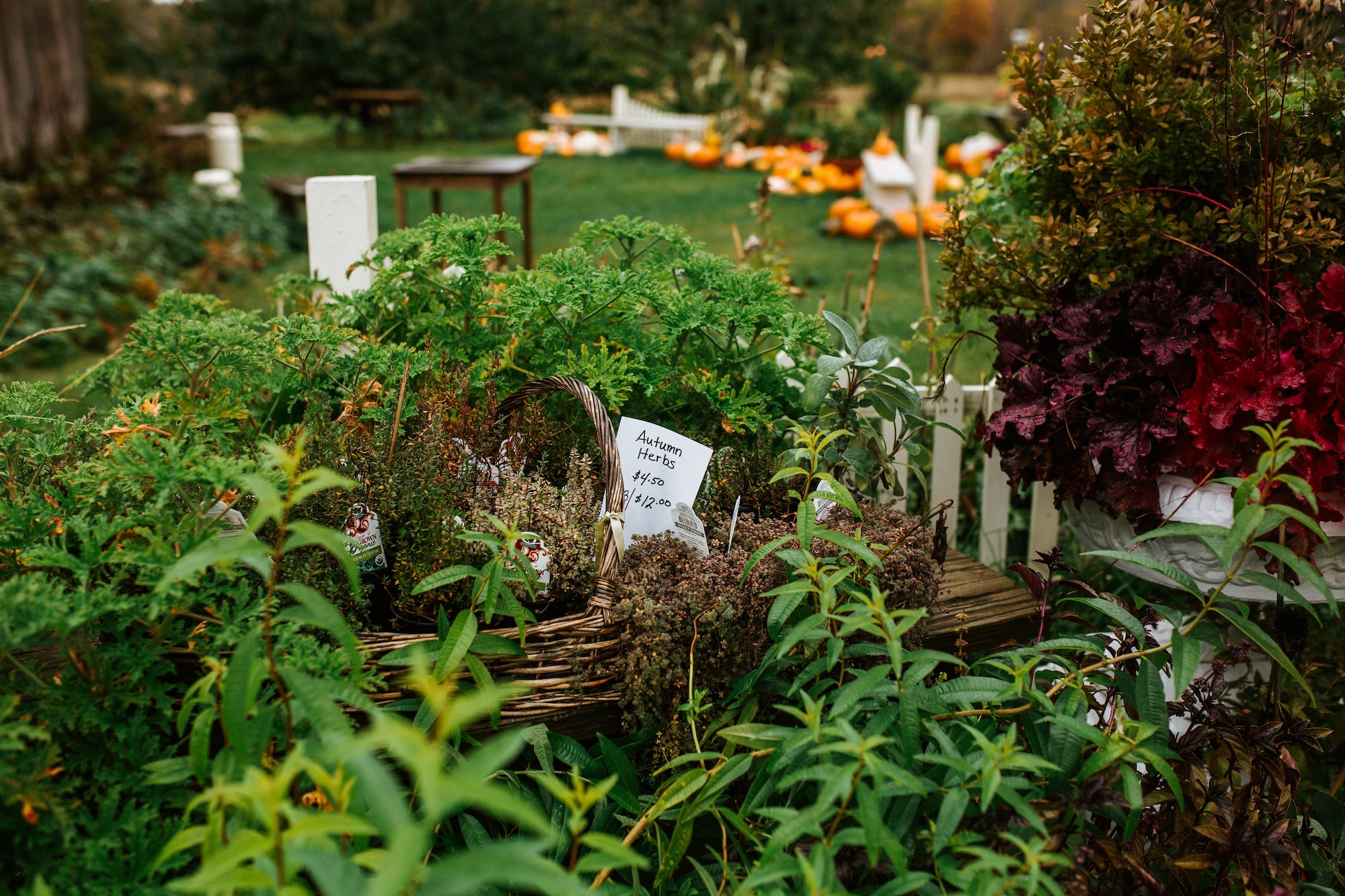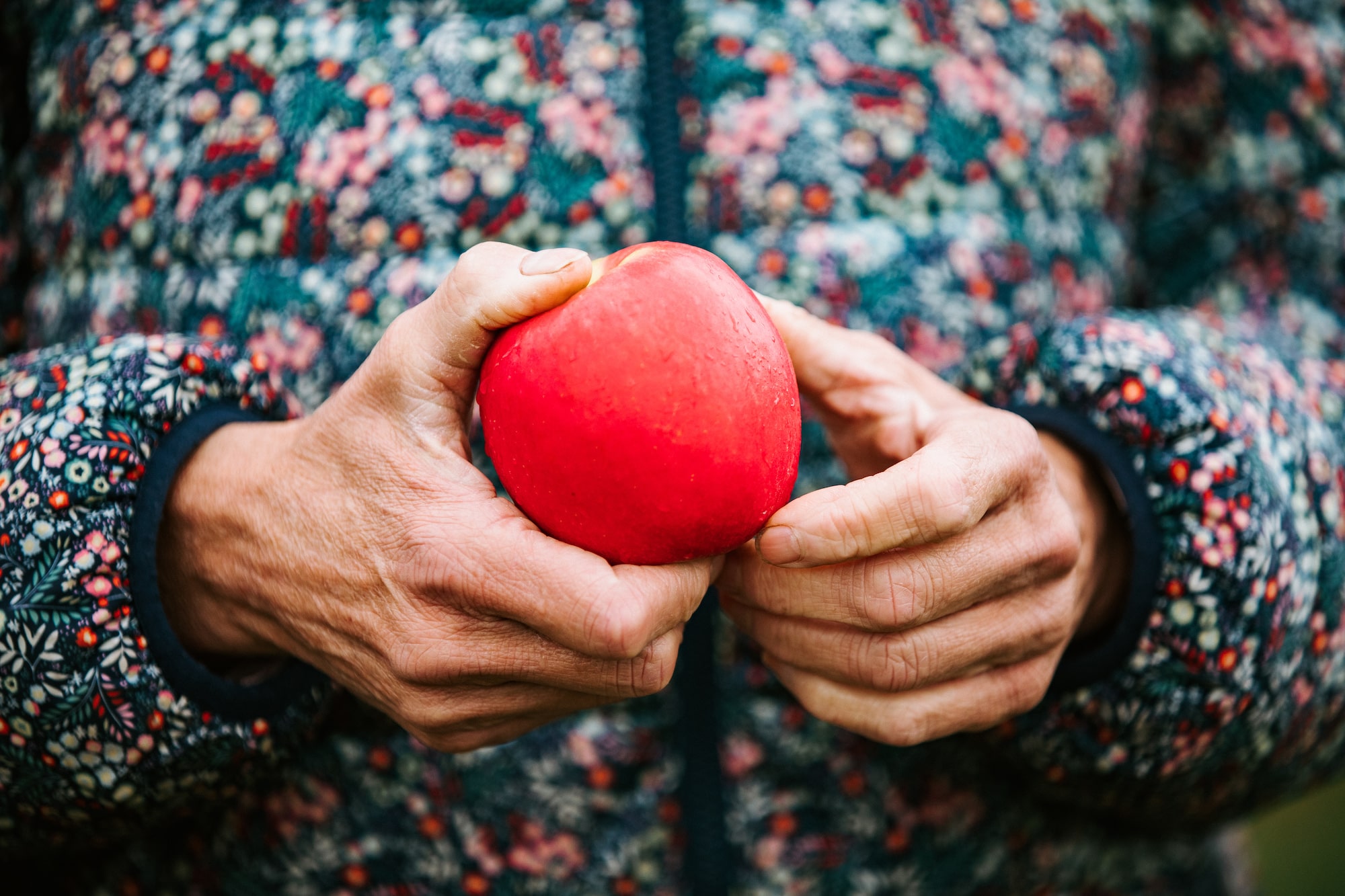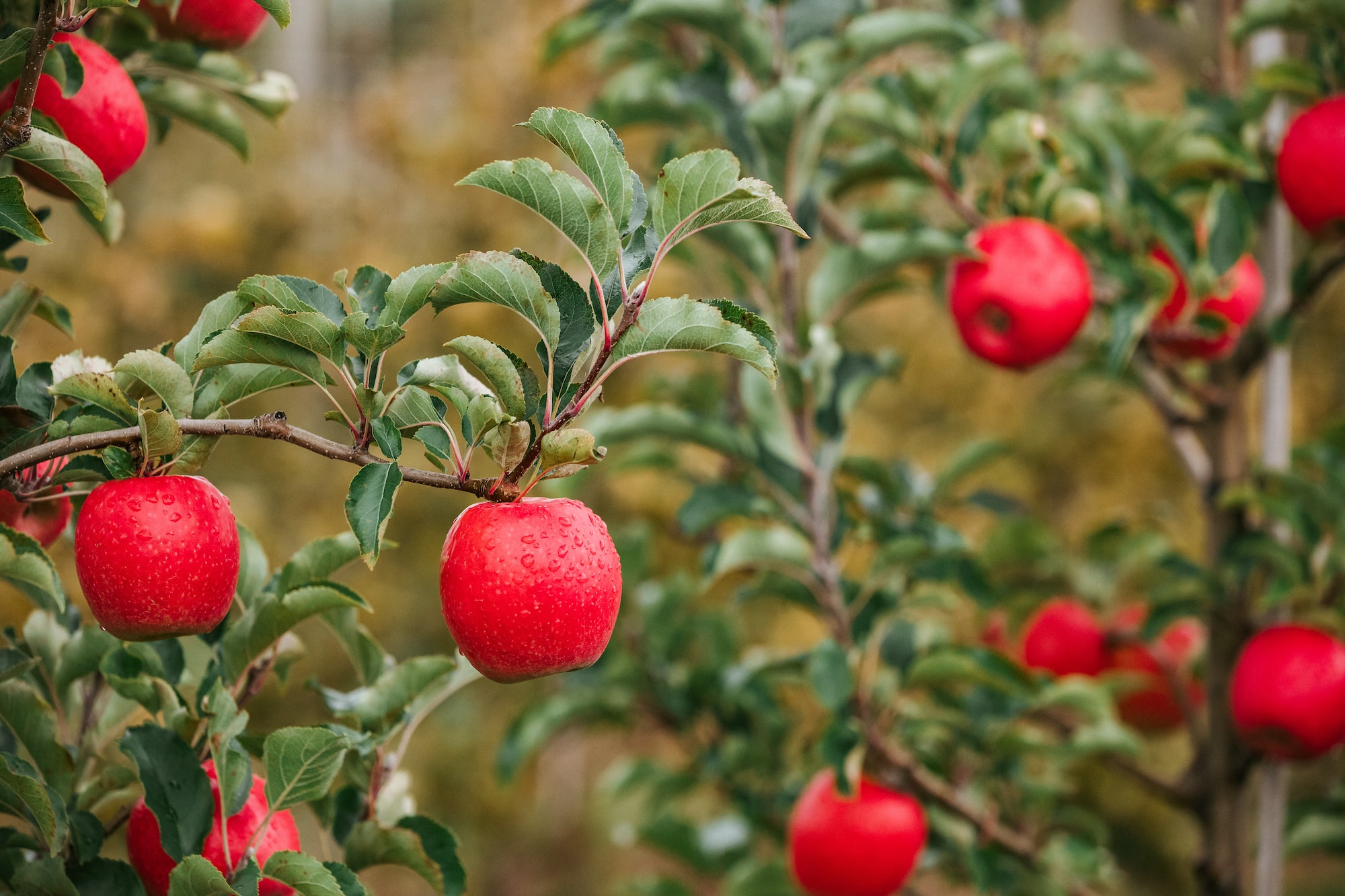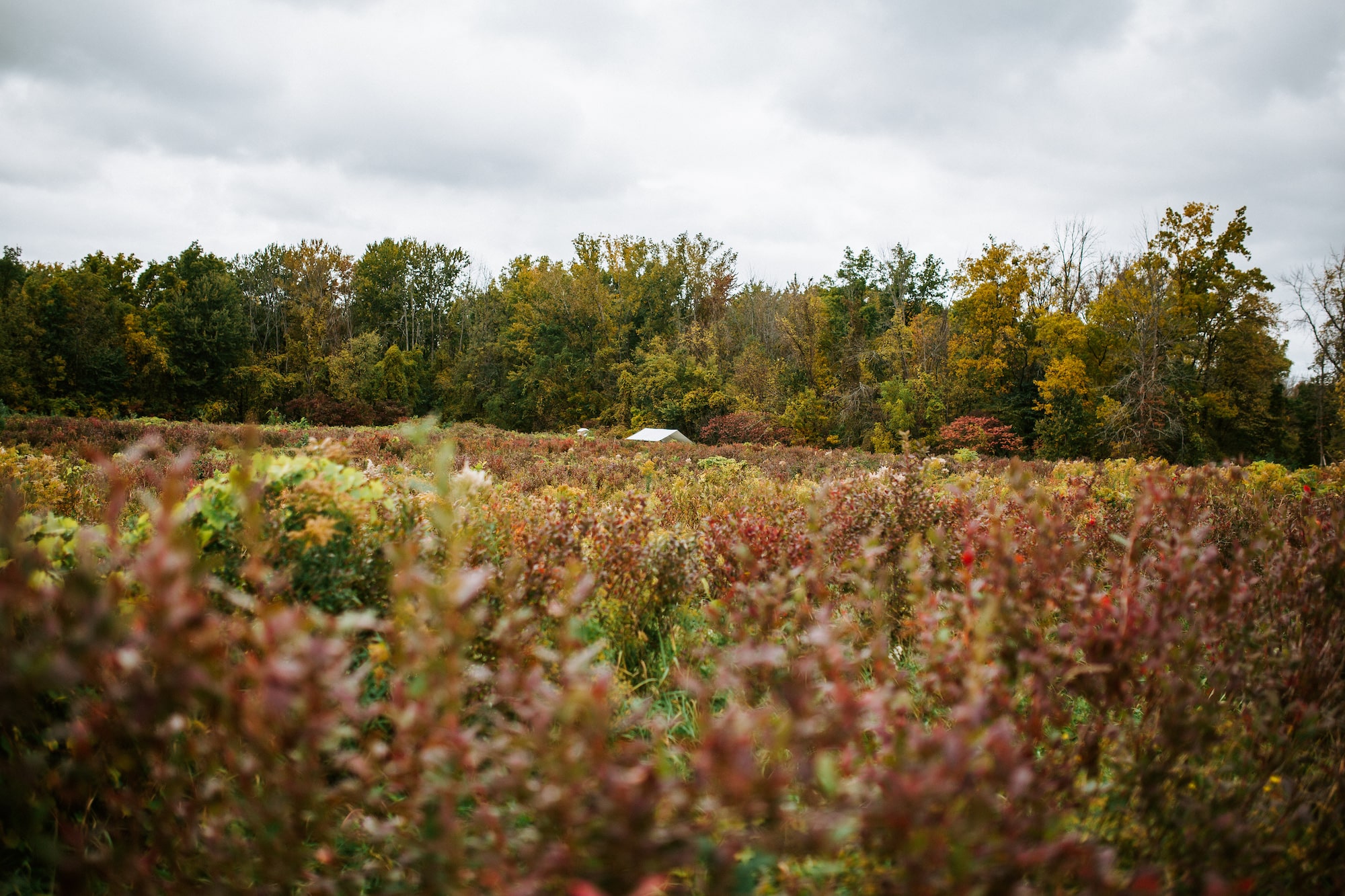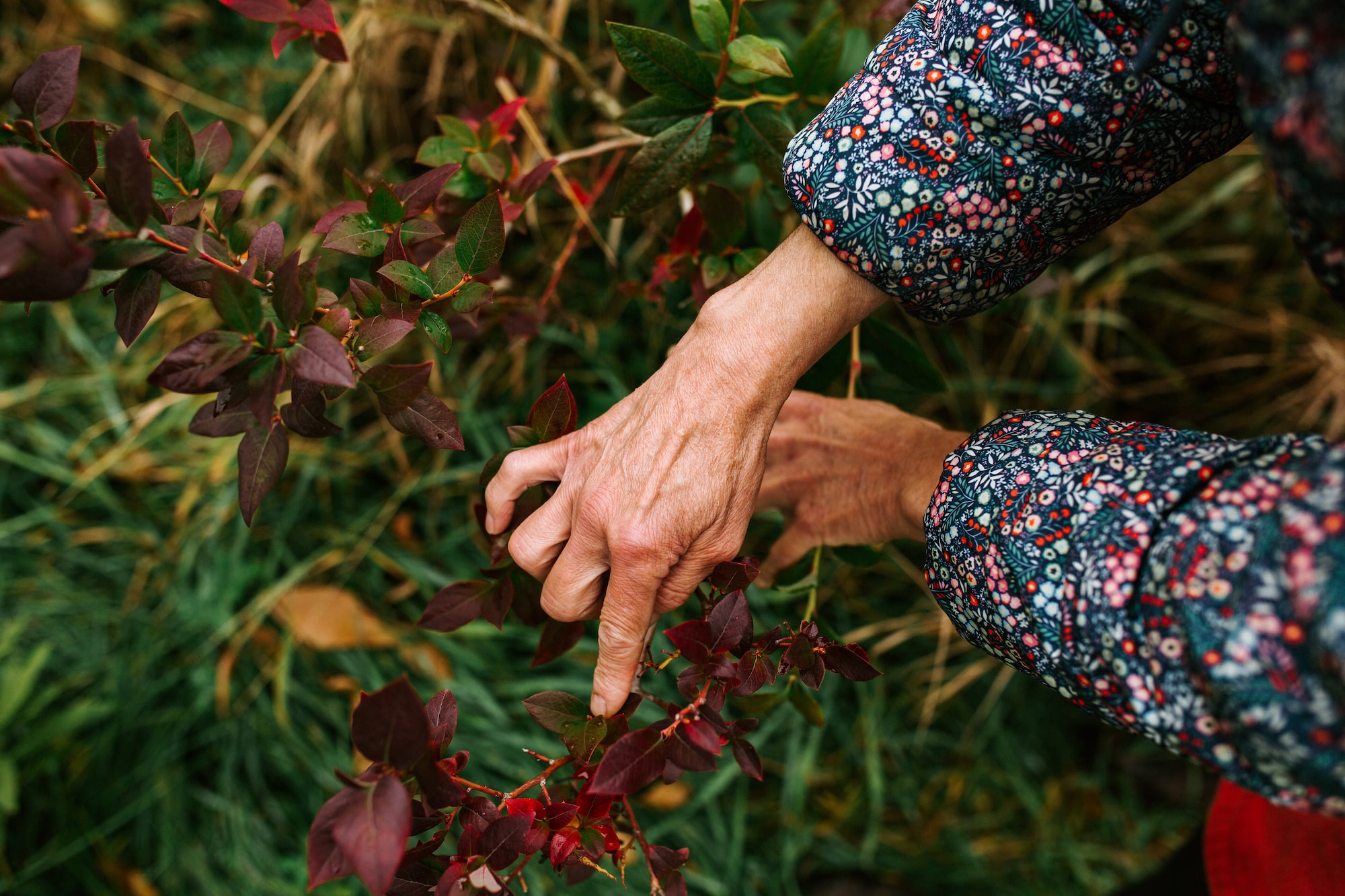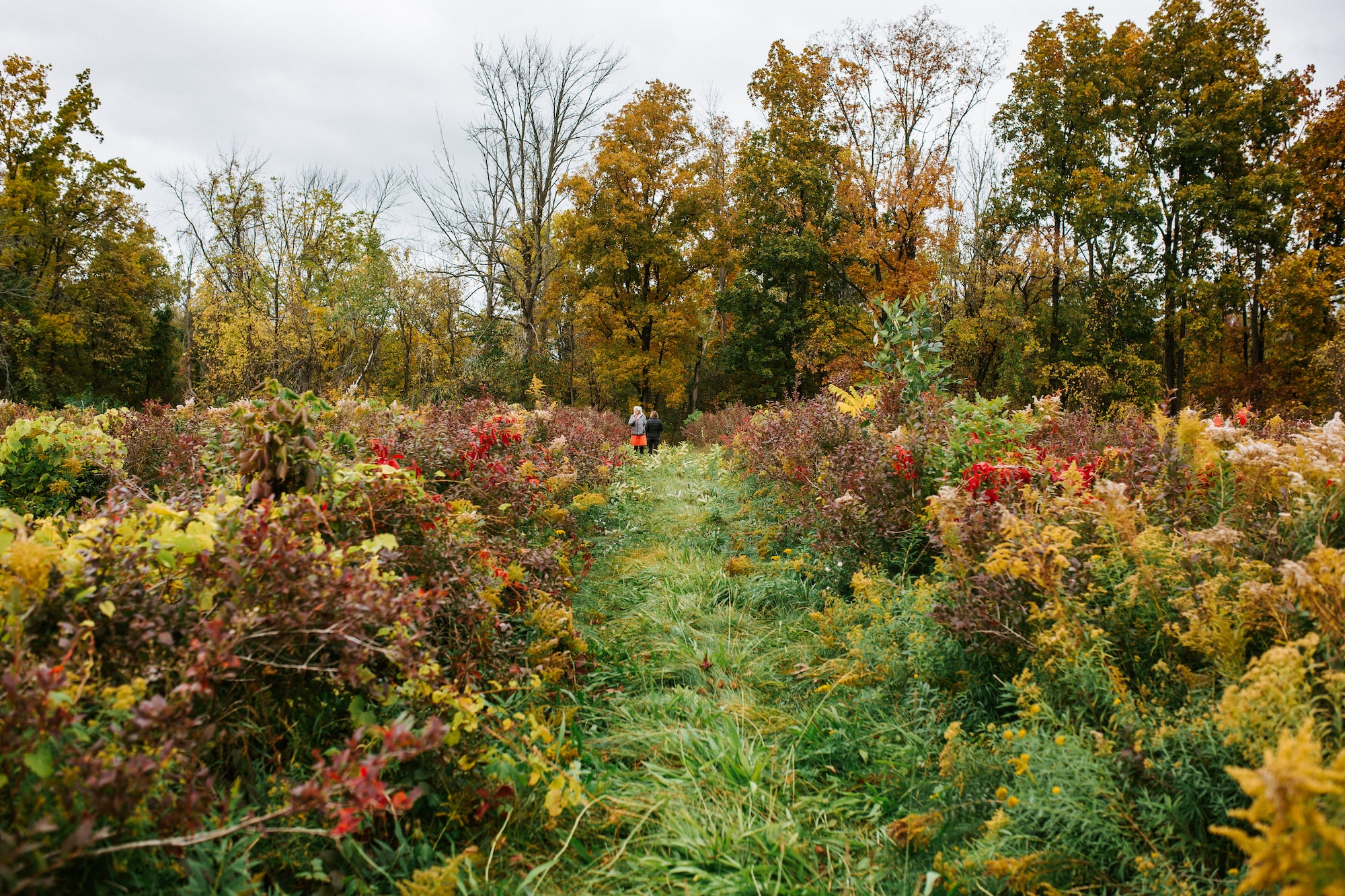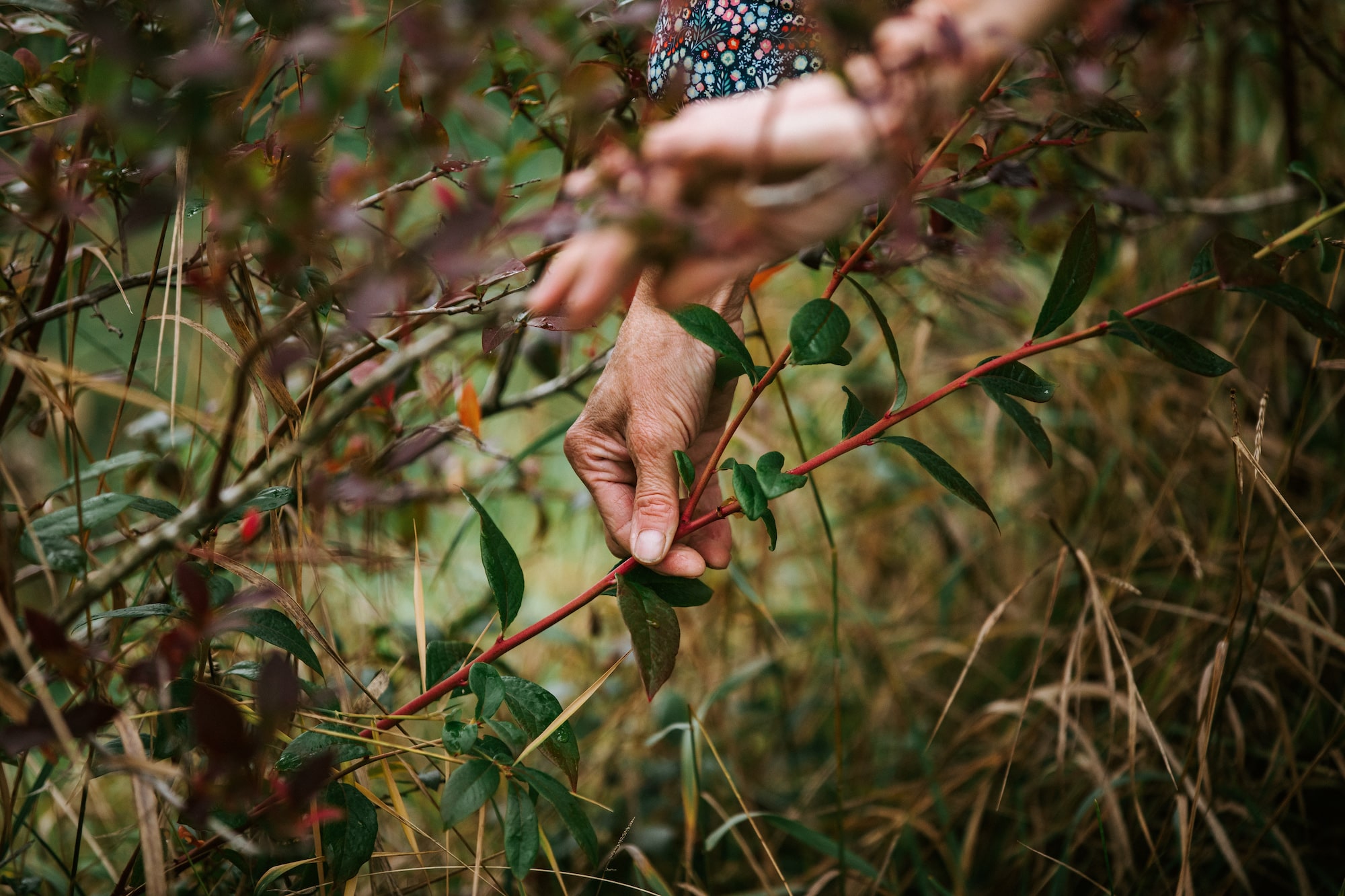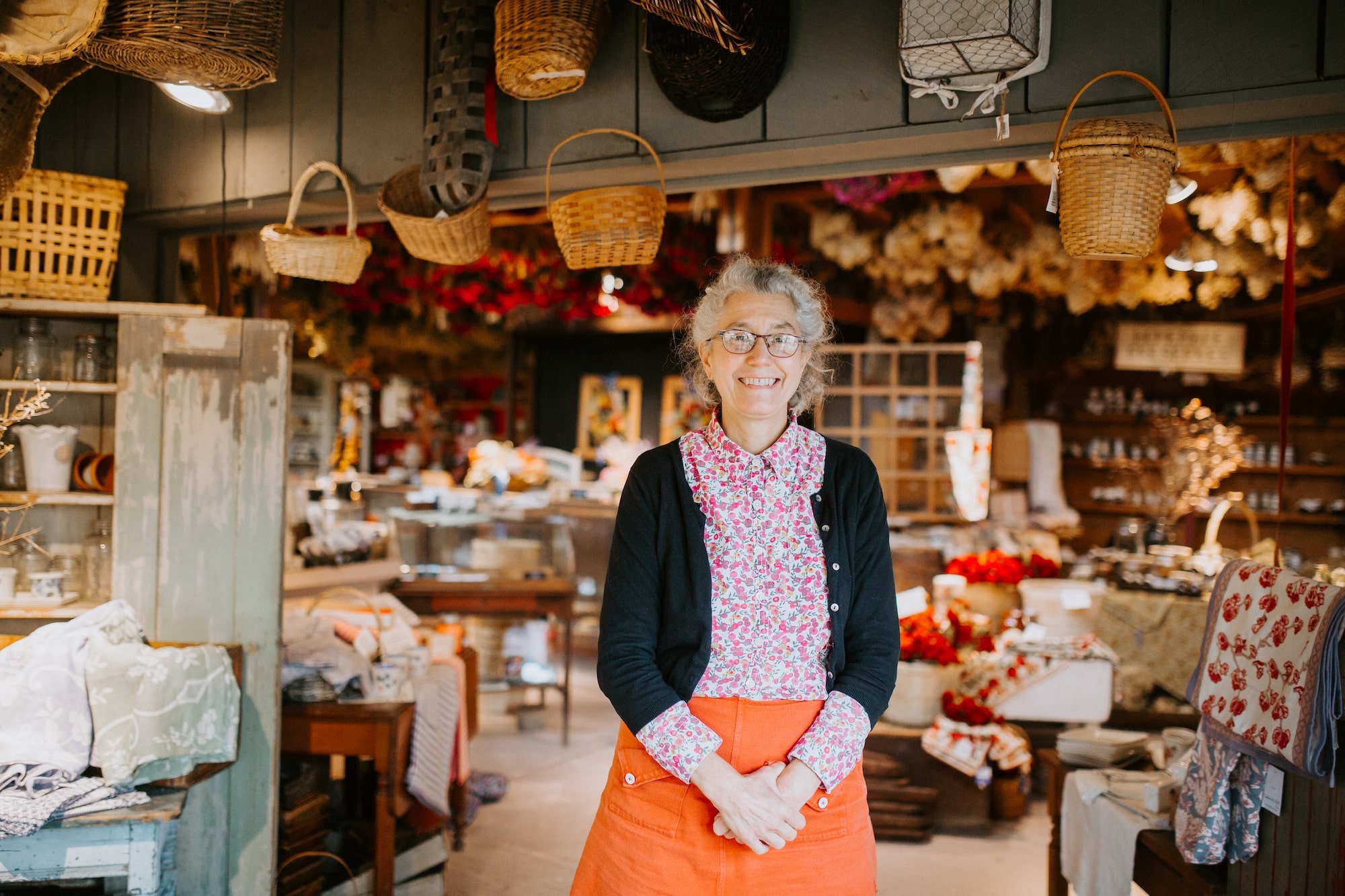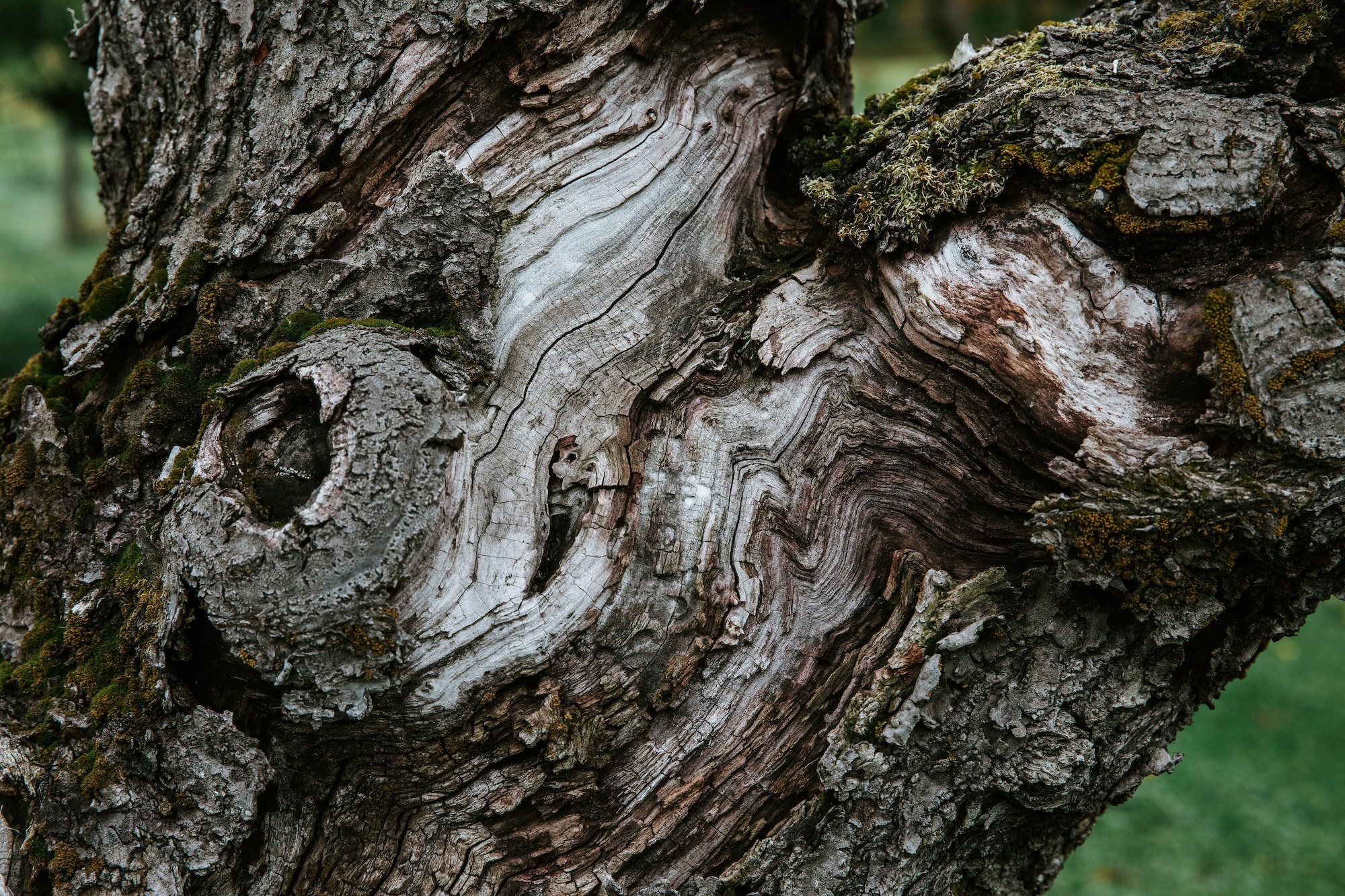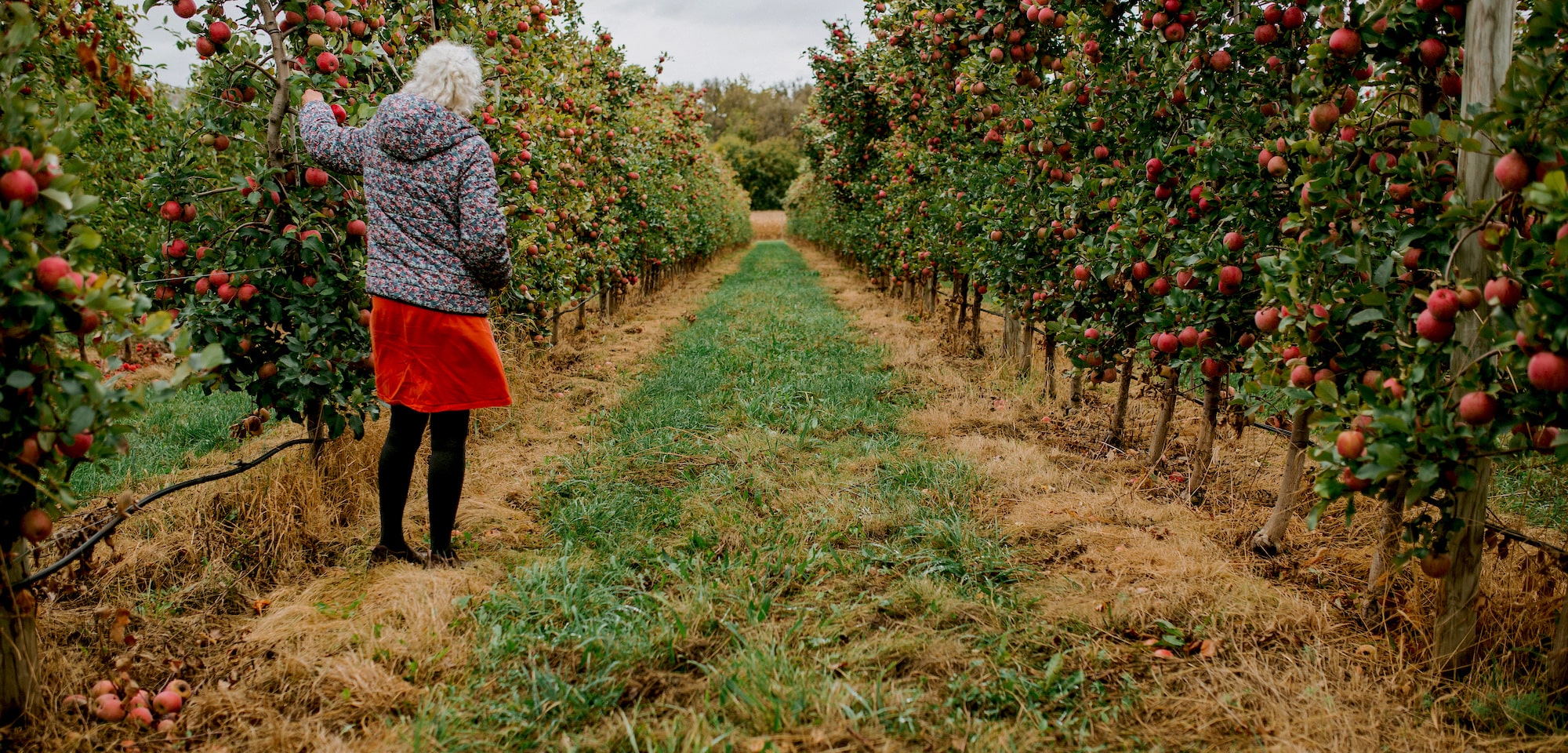
History is important to Amy Machamer, but that doesn’t mean she’s a traditional farmer. She and her mother Sue own Hurd Orchards in Holley, New York. They produce a wide variety of fruit and produce, from heritage crops to modern cultivars, with careful consideration for the unique environment and history of the Lake Plains region of Upstate New York.
The farm has been in her family for over 200 years, and that heritage is apparent in the farm’s operations– care and attention are expressed in a way that is informed by the wisdom and patience of decades (even centuries) of a multi-generational relationship with the land.
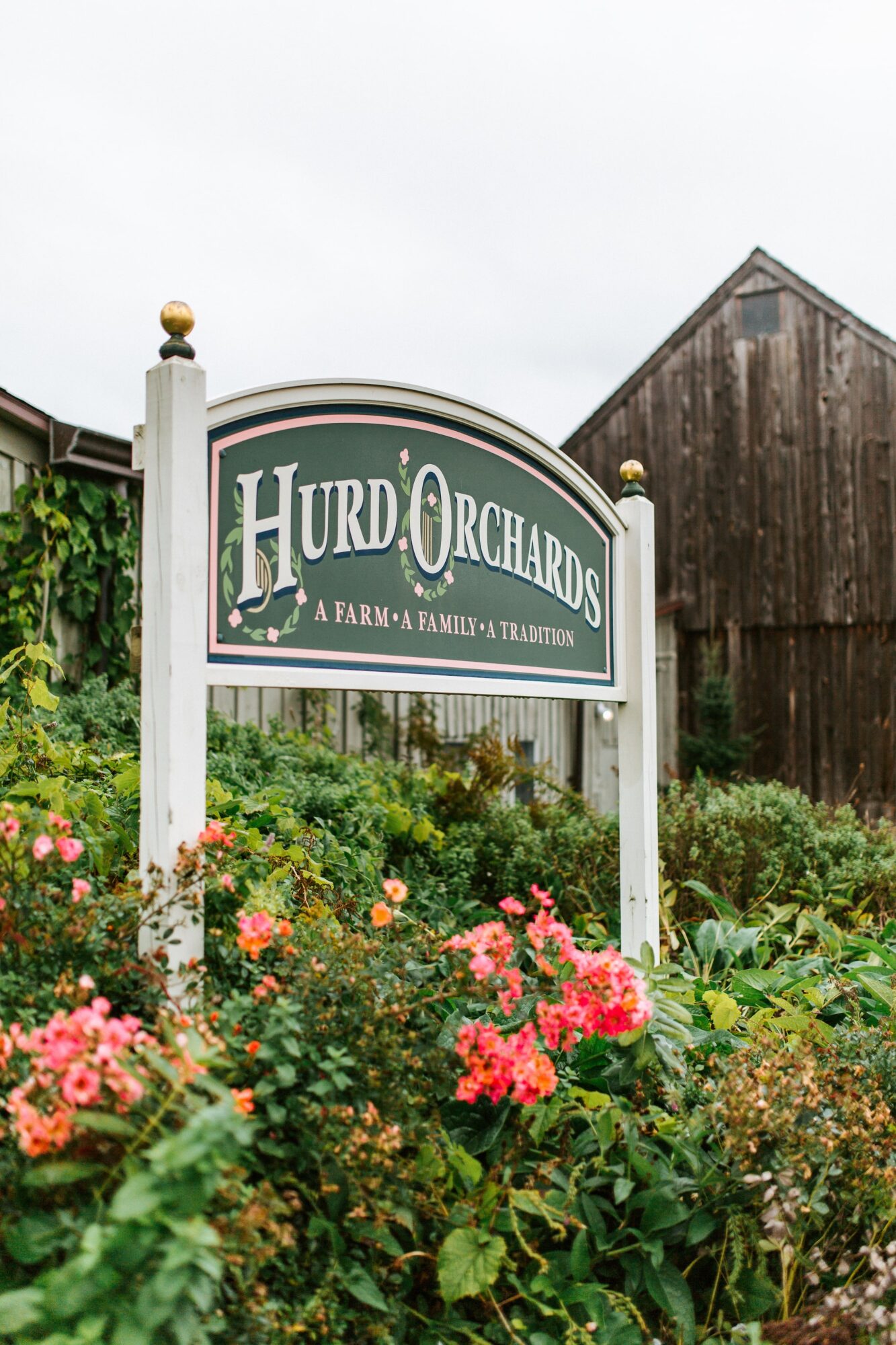
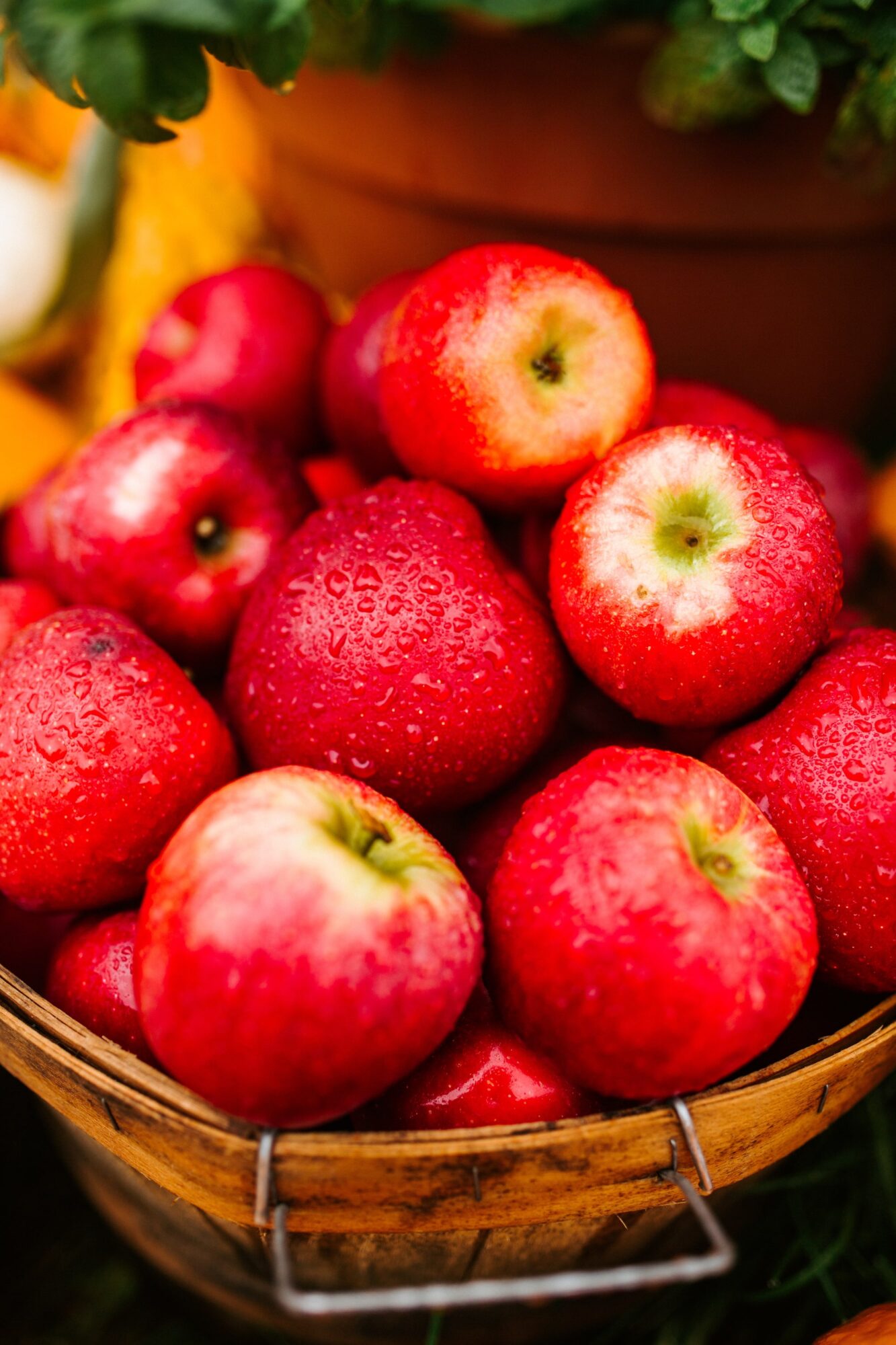
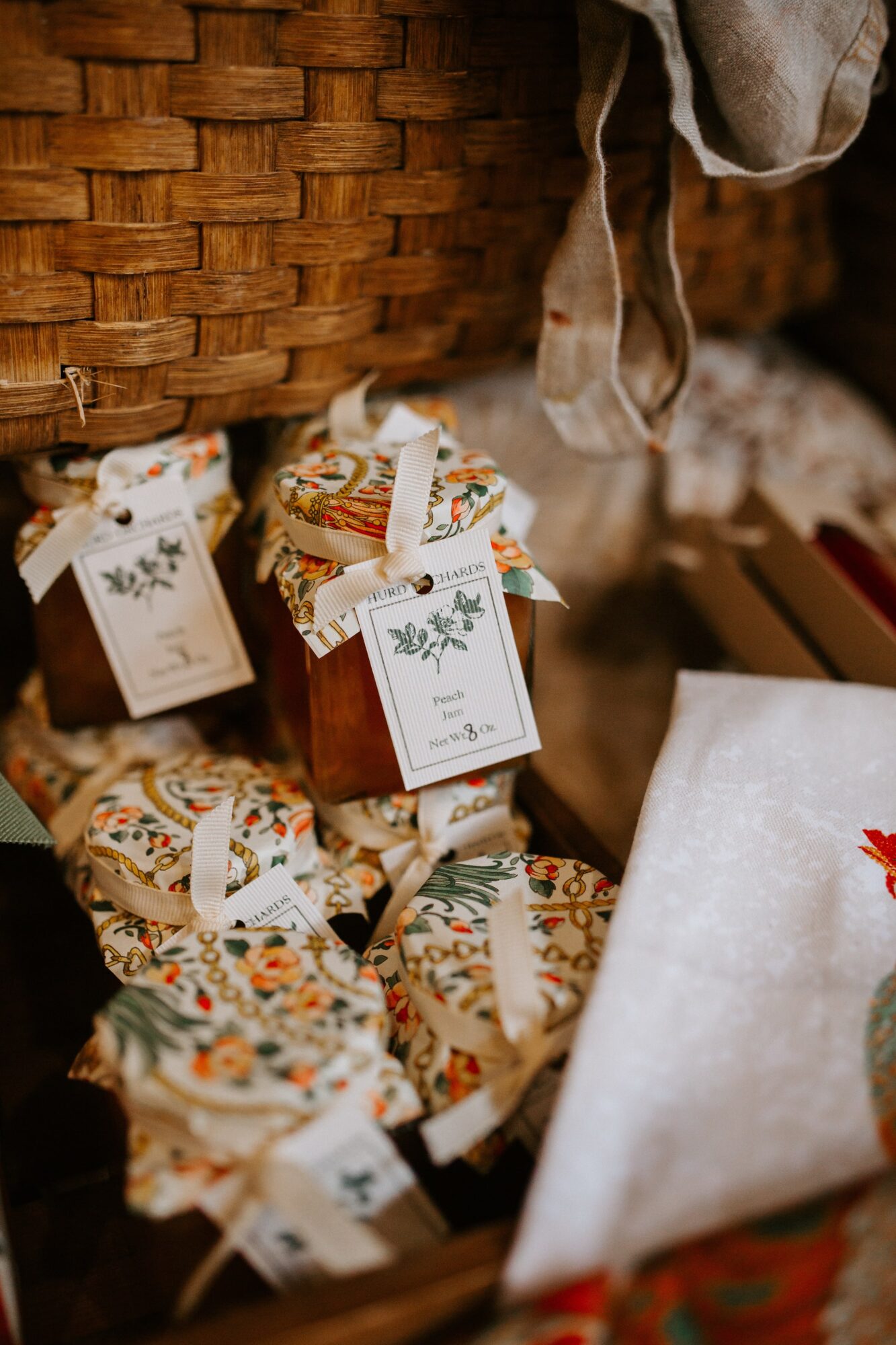
Balancing heritage & innovation
Amy is invested in challenging people’s preformed ideas of what a farm is. Driving around Eastern Orleans County, you’ll see diverse row crop and orchard acreage that you would never guess belongs to a single family farm. One orchard is full of gigantic ancient Red Spy and Wealthy apple trees planted generations ago, and just a few miles away you’ll find a high deer fence around 10 acres of 3×12 trellised modern varieties such as Pink Lady and SnapDragon. Susan planted blueberries about 40 years ago when they weren’t considered a viable crop in the region, and the mother-and-daughter team has been evolving their blueberry practices to suit their microclimate ever since. Apple and cherry orchards are abutted by rows of cut flowers, with blueberry bushes and row crops nestled between.
“Our Western New York fruit belt has a unique regional microclimate ecosystem and heritage system. Our mission is to celebrate the possibility of all that can be in the fruit world in this special place.”
– Amy Machamer
By The Numbers
- Farmed by family for 200 years
- Women-owned for 35 years
- 150+ acres of fruit and flowers
- 25+ year-round employees
Their deep attention to detail and respect for history doesn’t mean a compromise on output. Hurd Orchards focuses on apples, blueberries, sweet cherries, peaches, and nectarines in volume, plus pears, rhubarb, sour cherries, plums, red and black raspberries, and blackberries for their own market and for processing into their own line of jams that Amy has been making with her sister since the 1970’s.
They also grow small batches of unique crops such as currants, golden raspberries, and apricots.
Innovation and heritage are not at odds, but work together to create a diverse and abundant farm ecosystem. Hurd Orchards is thriving because of Susan and Amy’s thoughtful decisionmaking founded in historical awareness. Or as Amy says, “the oldest thing we do is to always do something new”.
New York’s challenges and opportunities
Though labor, environmental, and food safety regulations in New York State make it hard to compete on price with blueberries from Georgia or apples from Chile, Amy is dedicated to sustaining and growing the market for New York State fruit. Hurd Orchards has strong direct relationships with consumers through their farmstand and with retailers who value the heritage and quality of the product, but state programs like Nourish New York have opened new doors, says Amy.
“Through Nourish NY, New York State produce is not pitted against things grown in other places where the inputs are less costly. Instead, those products are purchased within the context of New York growers and New York costs,” she explains. By leveling the playing field, the program “reflects the world that we as New Yorkers say we believe in.”
A long-standing partnership
Headwater and Hurd Orchards have been growing together since 2010, a relationship that lives up to Headwater’s promise that good food works for all of us.
“It’s not just lip service,” Amy explains. “They’re interested in making structural changes, and the difference with them is they do it. When we say we have a difficult situation, we talk about it. Whatever path forward there is, it’s one that actually brings our voice to the table. They’re true to that core vision, their bedrock.”
Headwater president Chris Hartman reflects this sentiment. “While we are all working together to scale and strengthen our regional food system, farmers and producers are not manufacturing widgets. Food production requires foresight, commitments, and a fair wage. We are up against a marketplace with severe price pressure and high demand variability. It should not fall on the growers to have to bridge this gap, and this is why Headwater is here.”
“We don’t feel like an outsider selling to a third party. Together, we’re making structural changes.”
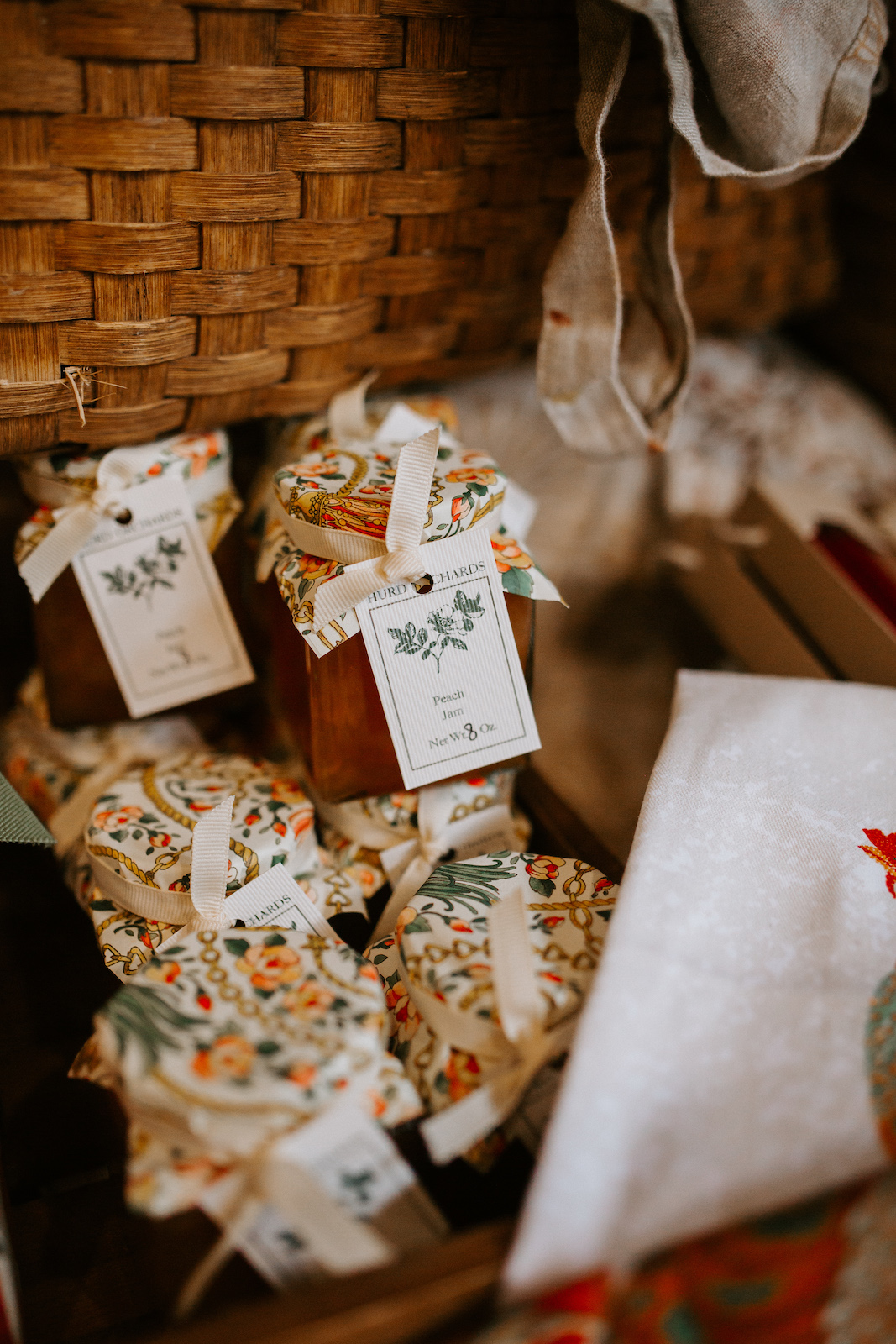
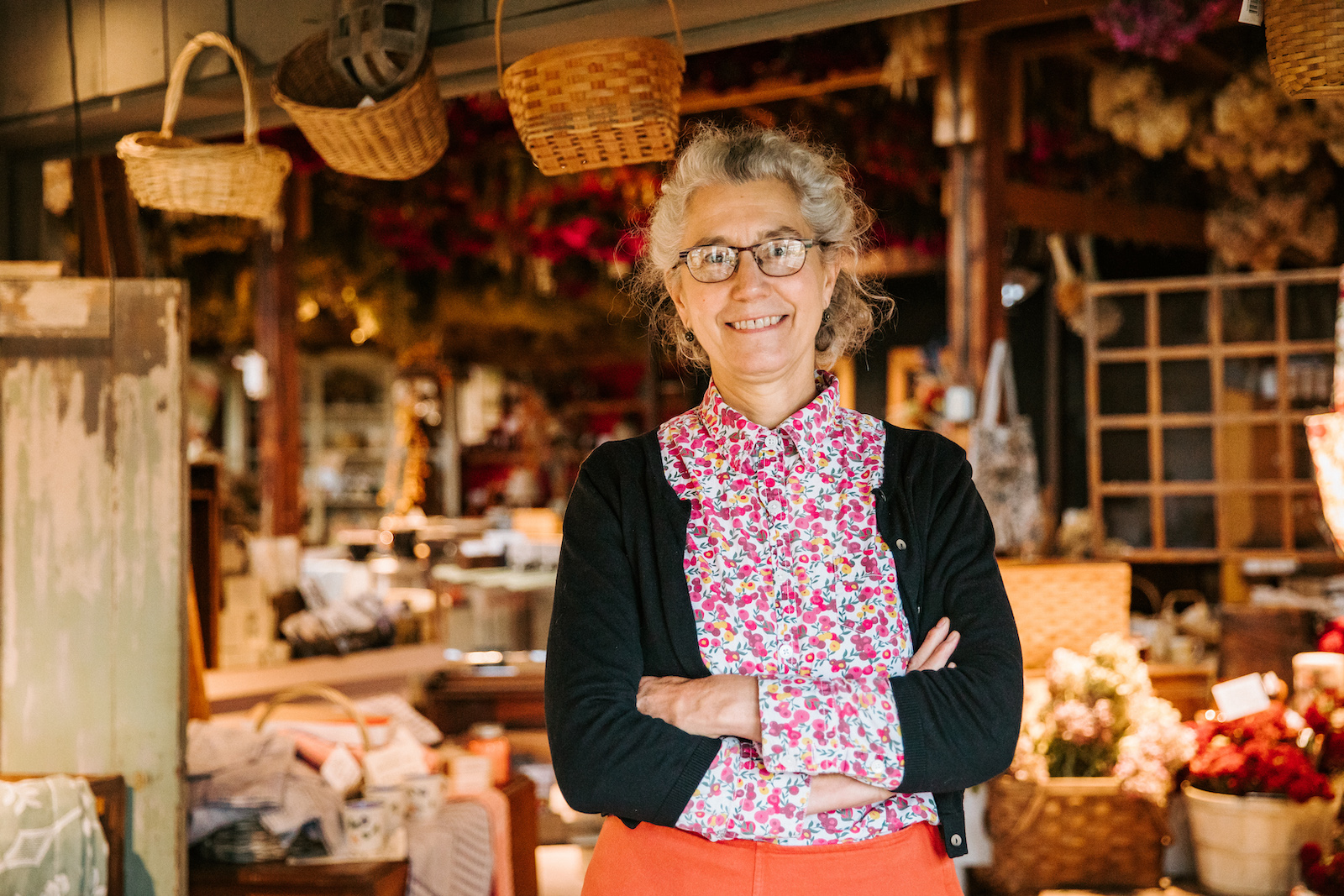
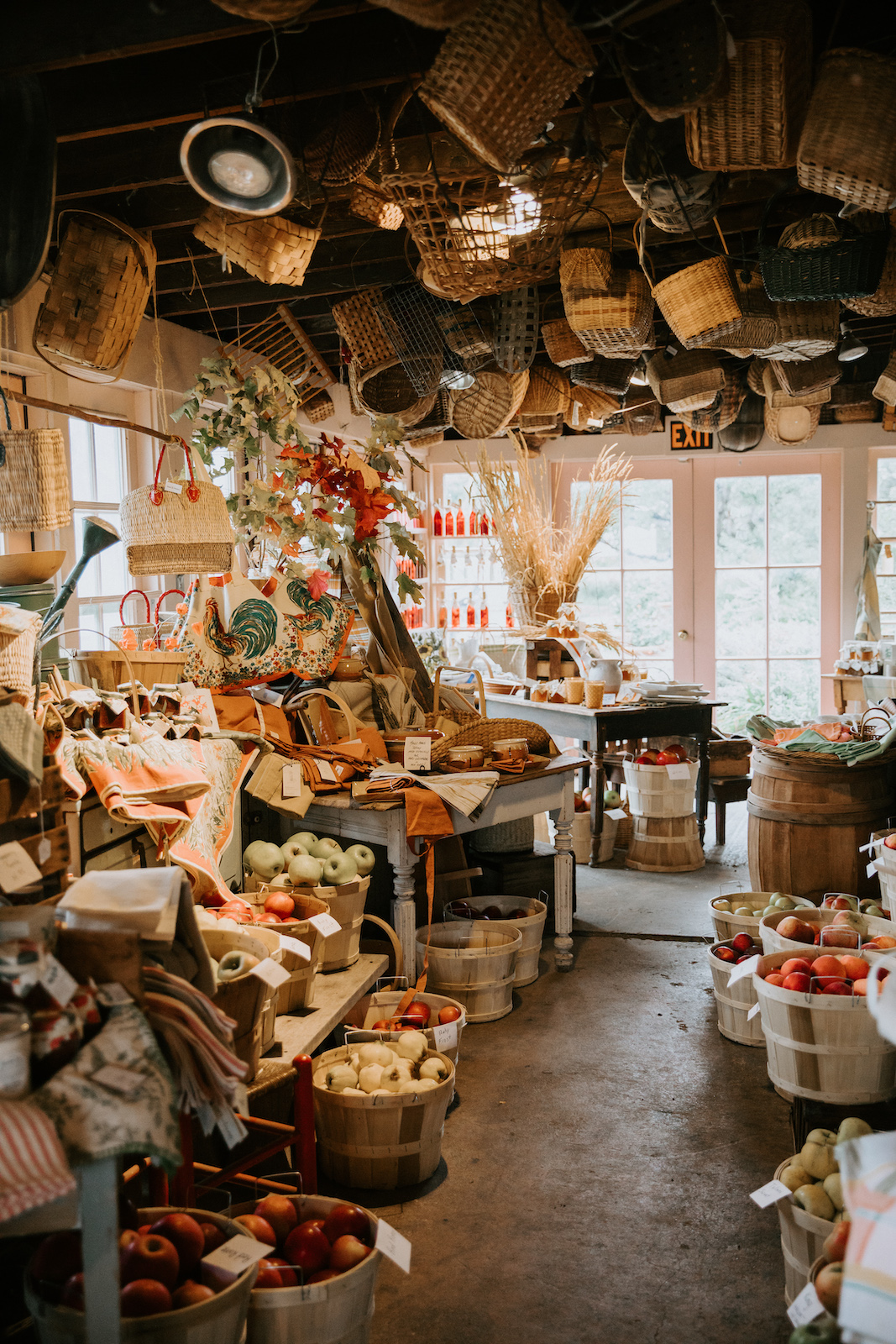
Moving NY fruit forward
Amy’s persistence and dedication are crucial to the partnership’s ongoing success. She’s always been willing to pioneer forward-thinking collaborations amidst rapid policy changes, climate challenges, and market shifts. “The way that Headwater succeeds is by always staying a couple steps ahead,” says Stefan Schwartz, Director of Program Development here at Headwater. “Amy is one of those growers that is able and willing to help support and develop those new initiatives that set us apart.”
Her efforts to educate New Yorkers about the abundance of unique apple varieties has helped Headwater’s customers’ perspectives and values shift toward out-of-the-box, thoughtful purchasing. The mutual trust has allowed Headwater to offer flexibility and unique support during the gluts and shorts that inevitably happen in living economies.
The Covid pandemic catalyzed New York State’s efforts to distribute fresh, healthy food to food banks and pantries through the Nourish NY. As part of this program, Headwater helped over 300,000 pounds of fresh fruit from Hurd Orchards reach food banks and pantries across New York State in 2022 and 2023.
Interested in sourcing fruit from Hurd Orchards? Contact Stefan Schwartz, Director of Programs at Headwater.
